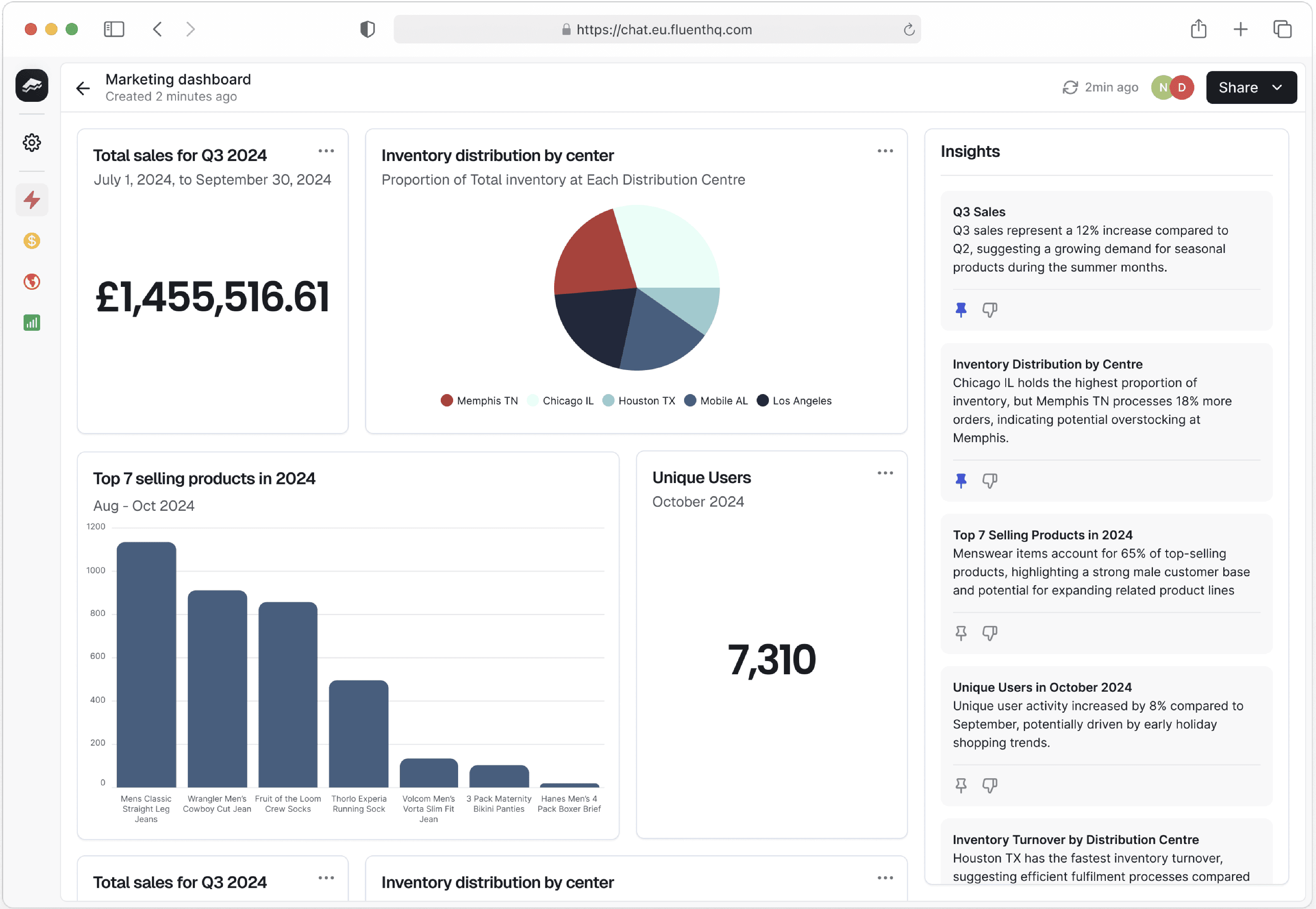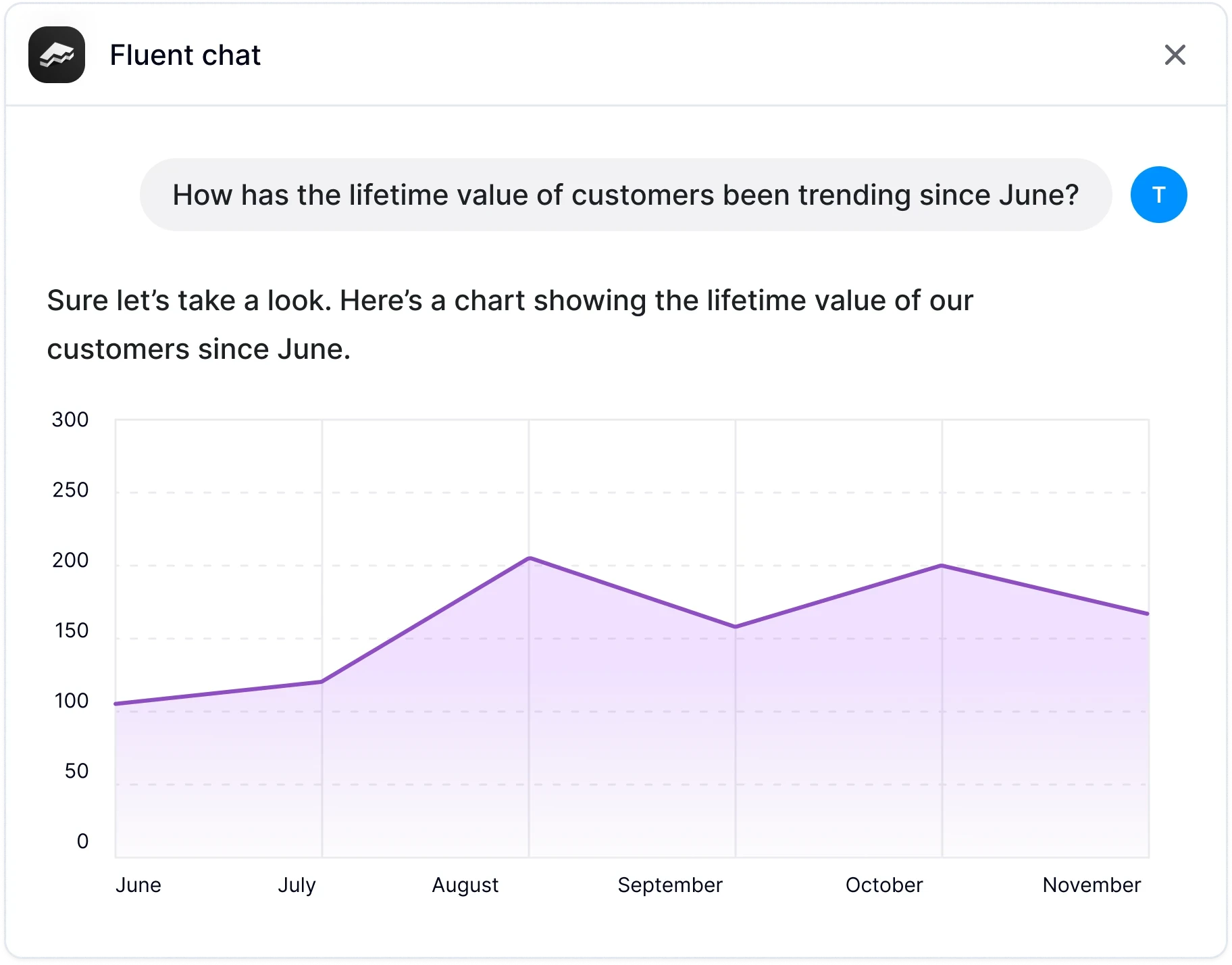BI analysts today are expected to wear so many hats it’s starting to look like a costume party: one minute, they’re troubleshooting data issues; the next, they’re supposed to deliver high-level insights on-demand, and somewhere in between, they’re managing pipelines and fielding queries from every corner of the business. This mix of expectations has turned what should be a strategic, insight-focused role into something a bit broken—an overworked, reactive position that’s harder to recognise as true BI.
The Reality: BI Analysts Are Now Data Firefighters
If you’re a BI analyst, it might feel like you spend half your time putting out fires - ad-hoc data requests, constant tweaks to reports, last-minute “urgent” analysis—all of which eat into time that could be used to produce real insights.
Yes, being a multi-skilled analyst can streamline things by cutting out handovers, but it’s also leading to burnout and diluting the real value BI can offer. Instead of digging into deep, impactful analyses, many analysts are stuck in the weeds of constantly shifting demands and data wrangling, which keeps them on a hamster wheel instead of moving the business forward.
Are We Just Asking Too Much?
The core problem is that BI has become way too reactive.
Every department—marketing, product, sales, HR—now wants their questions answered yesterday, so BI gets buried under a mountain of requests. And while these teams might think they need an immediate answer, a lot of these requests are repetitive: weekly counts, monthly revenue, user sign-ups. These are all important, but they’re not all relevant to long-term strategy. The overextension of BI analysts forces team leads and Heads of Data into constant triage, balancing immediate demands against strategic initiatives, which strains resources, risks data quality, and slows progress toward a data-driven culture.
AI’s Role in Fixing BI’s Broken Workflow
This is where AI and natural language tools can step in. The idea isn’t that AI replaces BI analysts but that it helps them escape low-value, high-frequency reporting. With tools like natural language querying and a semantic layer in place, non-technical teams can find answers on their own.
This doesn’t just lighten the BI team’s load; it empowers everyone to explore data independently, changing the data culture from a typical bottleneck into a culture of enablement and empowerment.
Now, BI can focus on the bigger picture: creating strategic insights, refining data quality, and driving a culture of data-informed decision-making without being bogged down by minutiae.

Redefining BI: Focusing on What Matters
So what would a healthier, more impactful BI role look like? It likely comes down to a few things:
Prioritising High-Impact Work: BI teams should be the ones providing long-term projections, highlighting growth trends, and looking around the corner for potential opportunities or issues.
Championing Data Quality and Governance: BI’s role is also crucial in ensuring the data warehouse that fuels the LLM is clean, reliable, and consistent.
Enabling a Self-Serve Culture: Rather than gatekeeping data, BI should become the enabler. They’re no longer the single source of truth but instead act as a guide, helping teams make sense of data in a way that’s relevant to their needs.
Make BI an Enabler, Not a Bottleneck
The BI analyst role isn’t necessarily “broken,” but it’s definitely being stretched increasingly thin.
Moving BI out of firefighting mode and into a more strategic, high-impact role is entirely possible—but it means thinking differently about how we use data and leveraging AI as an asset, not a competitor. In a world where every department can access their own data insights, the BI team isn’t stuck answering “what happened last week?” They’re freed up to dive into the more meaningful, future-focused questions, which is where the real value lies.
Follow us on LinkedIn or X to keep up to date with everything, or subscribe to our newsletter to receive the best bits from Fluent.
Work with Fluent
Put data back into the conversation. Book a demo to see how Fluent can work for you.
10 February 2025
Introducing dashboards
3 February 2025
Fluent Text-to-SQL: Fast, Accurate AI Data Querying
Stay up to date with the Fluent Newsflash
Everything you need to know from the world of AI, BI and Fluent. Hand-delivered (digitally) twice a month.



